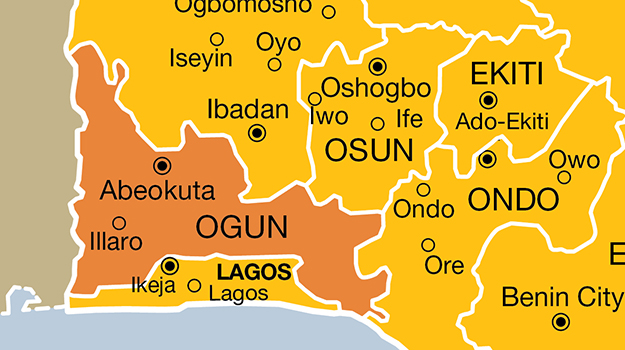GOV. YAHAYA BELLO GREETS INDIGENES OF KOGI AS HE RIDES ROUND THE CONFLUENCE STADIUM ARENA, DURING HIS INAUGURATION AS GOVERNOR, IN LOKOJA ON WEDNESDAY
James Faleke, running mate to Abubakar Audu, candidate of the All Progressives Congress(APC) in the November 21 governorship election in Kogi, says Yahaya Bello, governor of the state, is the first Nigerian to rise to that height without voting in an election.
Speaking through Wole Olanipekun, his counsel, Faleke insisted that the Independent National Electoral Commission(INEC) erred by declaring Bello governor.
He said by declaring the election inconclusive and going ahead to conduct a supplementary election, the electoral body “circumvented the extant provisions of the constitution of the country to coronate Yahaya Bello”.
Olanipekun said section 179 subsection 2 of the constitution states that the candidate with the highest number of votes and spread in any governorship election is deemed to have been duly elected.
Advertisement
“This is the first time in the history of this country that a governor would emerge without voting in an election nor being a registered voter in the state,” Olanipekun said.
All the parties to the appeal agreed that the petition of Faleke revolved around the election while also agreeing that the declaration of the election inconclusive had nothing to do with the death of Audu as the event of declaration preceded Audu’s demise.
Counsel to INEC, Alex Izinyon argued that the petitioner filed his petition at the lower tribunal out of time, but Olanipekun countered that under the extant laws, a right to present a petition before a tribunal cannot accrue until a return is made by INEC on the election, a position which is in accord with the provisions of the electoral act that requires the person a person whose return is challenged in an election to be made a respondent in the petition.
Advertisement
JB Daudu, Bello’s lead counsel, also canvassed the dismissal of the appellant’s petition on the grounds that the votes accruing from the two elections belong not to an individual but the party.
On June 6, the lower tribunal ruled that Bello was validly elected as governor, a position rejected by Faleke who approached the appeal court.
Add a comment






